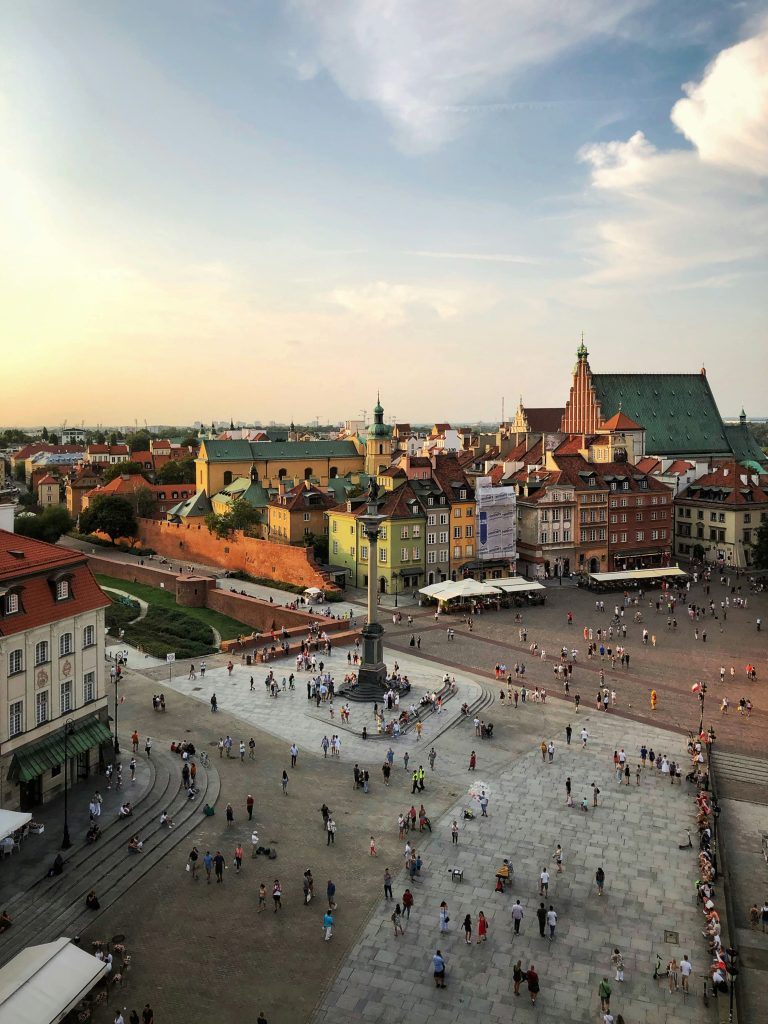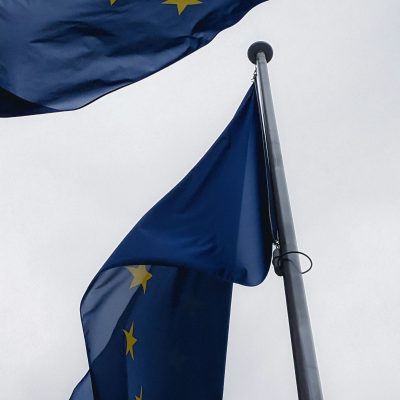La revanche de la nation: passions politiques en Pologne aujourd’hui

La victoire de Droit et Justice (PiS) aux élections législatives polonaises de l’automne 2015 a été un choc pour tous ceux qui pensaient la Pologne résolument engagée sur les rails de la démocratie libérale. Le PiS et son leader, Jarosław Kaczyński, ont initié une bataille frontale avec Bruxelles pour reconquérir la souveraineté de la nation polonaise et, du même coup, sa « dignité ». Cette étude, écrite par Aziliz Gouez, chercheuse associée à l’Institut Jacques Delors, examine les racines du succès électoral de Droit et Justice et de ses échos européens. En effet, l’agenda politique et culturel porté par le gouvernement national-conservateur polonais s’inscrit dans une évolution plus large des « passions politiques » dans l’Europe contemporaine. Dans la quasi-totalité des États membres de l’Union, on assiste à l’émergence de forces politiques qui proposent une « nouvelle idée de l’Europe », engageant des interprétations rivales de la démocratie et de la solidarité, de l’articulation entre national et supranational, du rôle de l’identité, des valeurs, et de la religion.
À travers le cas de la Pologne, cette étude entend donc contribuer à la compréhension du basculement politique à l’œuvre en Europe aujourd’hui. L’auteure commence par y analyser la dimension sociale du projet de Droit et Justice, la place accordée au monde rural, à l’intervention étatique et à la question de la redistribution. Dans une seconde partie, elle se penche sur la grammaire idéologique et le répertoire historique qui façonnent la politique d’identité nationale portée par le PiS. Ce faisant, Aziliz Gouez montre comment les deux versants de cette politique – sensibilité sociale et affirmation nationaliste – se nourrissent l’un l’autre. Car c’est bien la combinaison entre dignité personnelle et dignité de la nation, entre justice redistributive et renouveau national, qui définit le style politique du PiS, et qui fait sa force. Cette force ne repose pas simplement sur l’attention portée à la condition des plus démunis, mais sur une capacité à rendre partie-prenante du « drame national » tous ceux qui se sentent lésés, déconsidérés, déboussolés, en leur offrant une place dans le monde, un abri contre les périls extérieurs, un passé dont ils peuvent être fiers – un pays qui est le leur, et le leur seulement.
Cette plongée dans les passions politiques polonaises est aussi une invitation à réfléchir aux conditions d’un renouveau du pluralisme libéral en Europe aujourd’hui. Les défenseurs de la démocratie libérale sont-ils capables de bâtir une alternative qui réponde au projet de l’emblématique trio Kaczyński-Orbán-Salvini – une alternative qui fasse justice aux demandes d’égalité, de communauté et d’enracinement qui montent à travers toute l’Europe, tout en tenant ferme sur les quatre libertés, les principes universalistes et les valeurs fondamentales ? Ce sont là des questions auxquelles l’opposition libérale et la gauche polonaise, mais aussi le prochain Parlement européen, devront s’attaquer de front.




